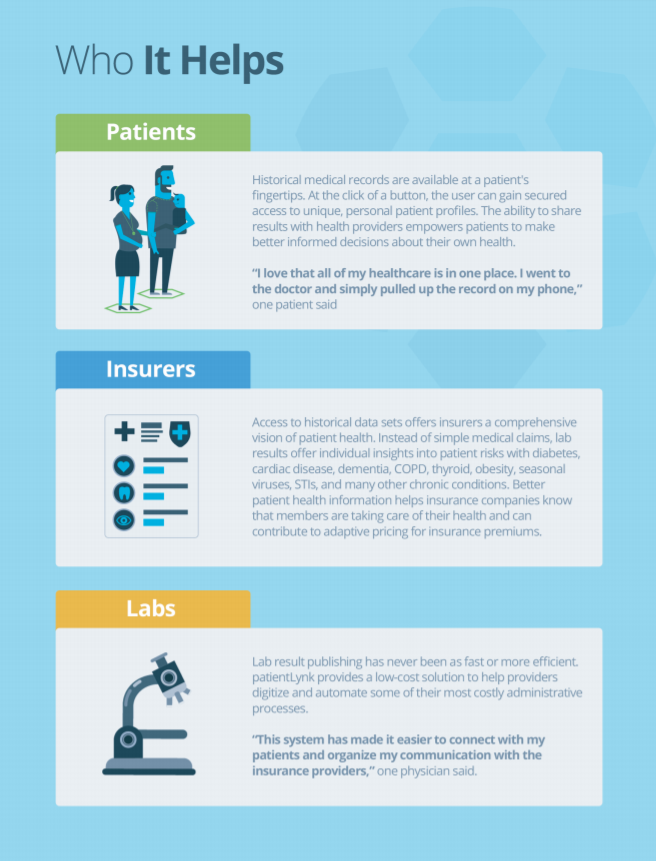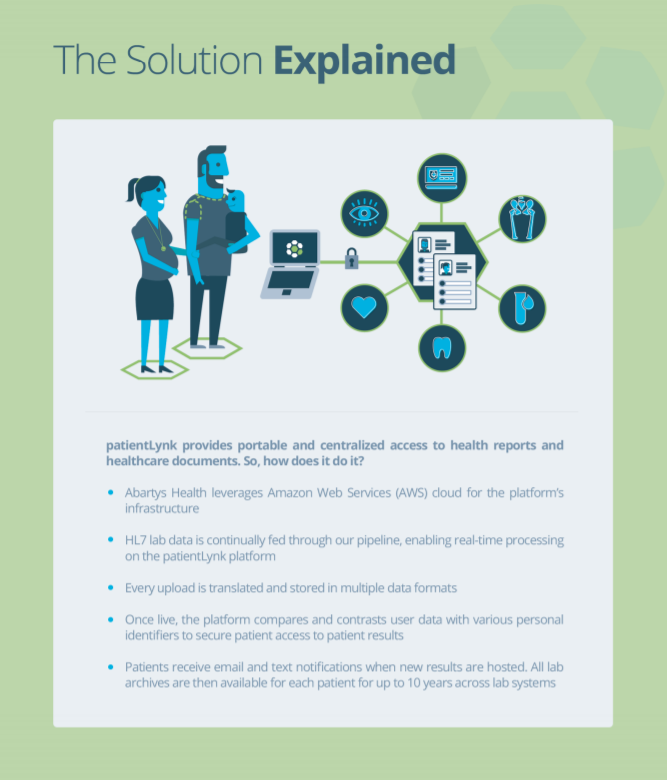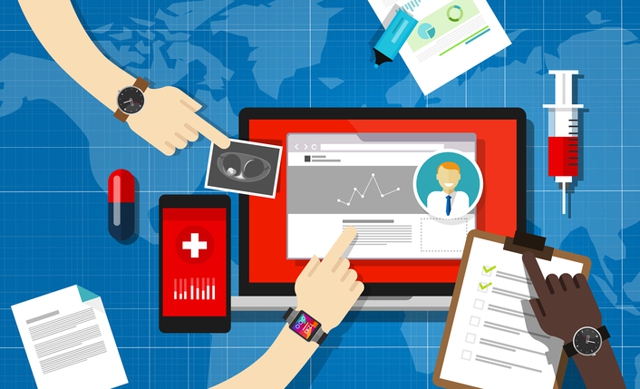With patient health records being shared across doctors, labs, insurers, and other third parties, it can be easy to lose track of that data without some form of interoperability across platforms and organizations.
A survey last year found the healthcare industry is plagued by almost $1 trillion in waste each year – including up to $265.6 billion lost due to administrative complexity, $165.7 billion due to failure of care delivery, and $83.9 billion because of fraud.
Puerto Rico-based Abartys Health is looking to cut down on a lot of that waste through health data interoperability while at the same time empowering patients, providers, and insurers to make better informed decisions against the backdrop of a global pandemic.
Abartys Health recently released a white paper detailing how patients, providers, and insurers all benefit from health data interoperability on a single platform.
“The goal is to create seamless data flow and communication between insurers, doctors, and patients – something which is desperately needed in medical systems around the world” — Abartys Health patientLynk White Paper
To achieve health data interoperability, Abartys Health launched its patientLynk portal, which provides convenience for patients, gives insurers easier access to patient records, and allows labs to increase their diagnostic testing capabilities.
The results of such a platform that maintains global standards are three-fold.
With patientLynk, patients are able to track, trend, and better understand their personal health regardless of the fragmented systems that were involved in creating their health data.
Insurers can work quicker to confirm patient health by accessing long-term lab results in order to offer a comprehensive vision of patient health.
And for labs, it increases diagnostic testing capacity, surveillance system, and routine reporting, all on one platform.

Who benefits from Abarty Health’s patientLynk portal
As the COVID-19 pandemic threatens to overwhelm healthcare systems, speedy and efficient testing is crucial but has been lacking.
“Currently, US healthcare remains unable to provide the quick lab results required to make decisions about the critical care of
COVID-19 patients,” and “prevention, detection, and response is simply not possible under the current system,” according to the Abartys Health white paper.

Dr. Francisco Davila
“In this unprecedented moment, immediate access to lab tests for both patients and their loved ones has suddenly taken on an even greater importance” — Dr. Francisco Davila
This why the patientLynk portal is a much needed tool right now.
“In this unprecedented moment, immediate access to lab tests for both patients and their loved ones has suddenly taken on an even greater importance,” said Abartys Chief Medical Officer, Dr. Francisco Davila.
Apart from gaining immediate access to their health records, patients don’t have to risk going to a physical location where they might be exposed to infection.
“Using a patient portal to provide instant touchless results from the comfort of a patient’s home is the safest and best way to deliver test results during this time,” said Abartys Health co-founder Lauren Cascio.

Lauren Cascio
“Health concerns today do not stop at national borders, so the construction and deployment of an interconnected global network that can limit the spread of infectious disease outbreaks, as well as predict risk based on comorbidity, is critical going forward” — Lauren Cascio
And because different providers in different countries have different systems of keeping records, having one platform that unifies all that data in one location is imperative for a global response to the COVID-19 pandemic, and patientLynk follows global data health standards to facilitate global expansion.
“As we’re seeing plainly, health concerns today do not stop at national borders, so the construction and deployment of an interconnected global network that can limit the spread of infectious disease outbreaks, as well as predict risk based on comorbidity, is critical going forward,” said Abartys Health co-founder Lauren Cascio, in a statement.
For global impact, patientLynk’s unification of fragmented systems works to more accurately report outbreaks and move quickly to monitor cases.
Being able to accurately construct public health profiles enables governments and health agencies to better make long-term decisions.

The patientLynk solution
On an individual level, health data interoperability allows patients to better understand the impact of their lifestyle choices, make healthier decisions, and ultimately take back control of their own health, according to the white paper.
The online portal from Abartys Health is able to exchange healthcare information electronically thanks to its compliance with the latest in universal patient identification tech.
The platform uses universal patient identification to provide a faster response for COVID-19 lab tests, and it follows standards set down by Fast Healthcare Interoperability Resources (FHIR) to allow for patient data to be securely exchanged between healthcare applications.
Disclosure: This article includes a client of an Espacio portfolio company.












